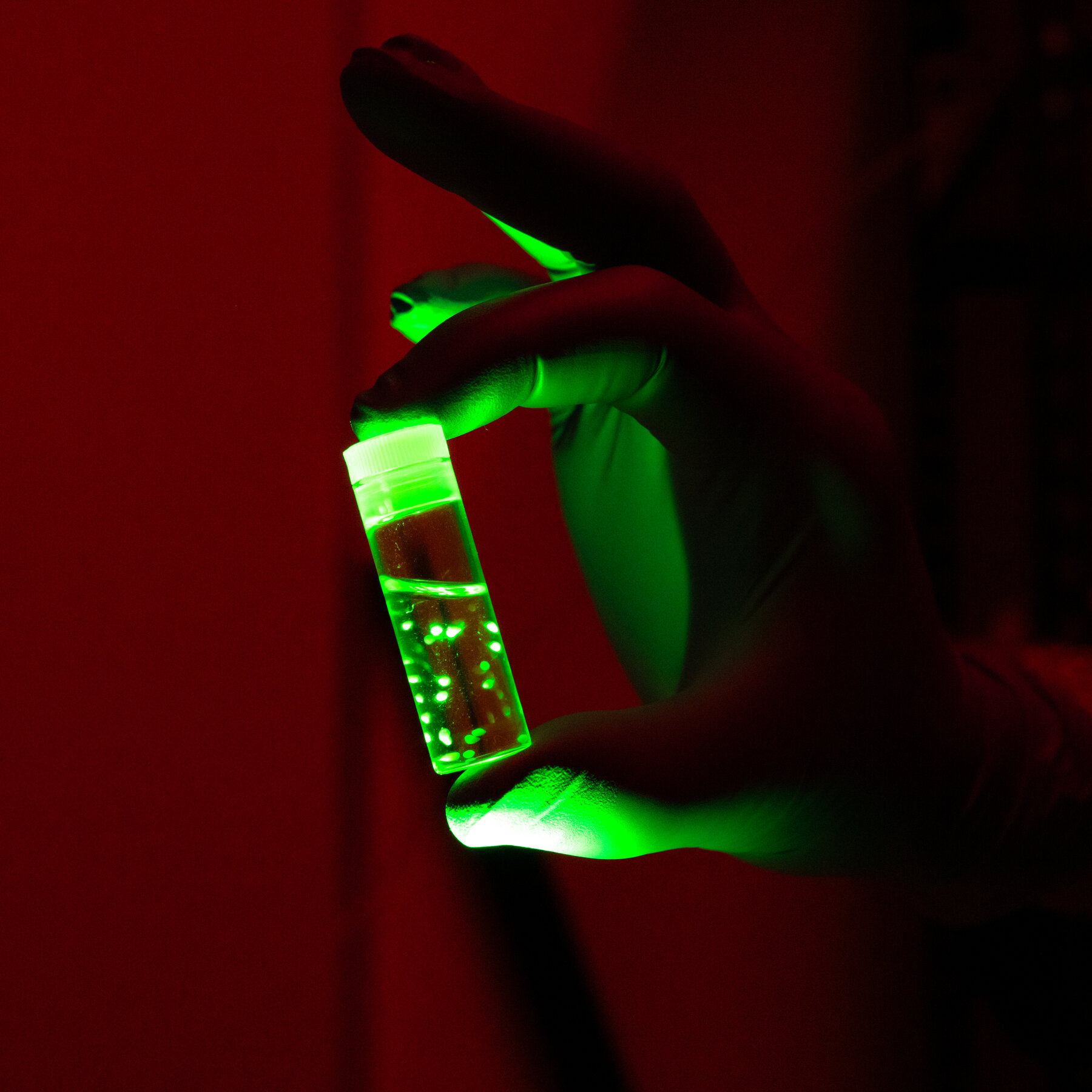Recent advancements in neuroscience have seen scientists utilizing lab-grown brain organoids to gain insights into human fetal development and cognitive disorders such as autism. These organoids, often described as “reductionist replicas” of the human brain, are proving to be valuable tools in understanding complex neurological processes.
Research teams from institutions including Stanford University and the University of Cambridge have been at the forefront of this innovative approach. By creating miniature brains from human stem cells, scientists can observe developmental stages and potential abnormalities that occur in the womb. This research aims to shed light on conditions that affect cognitive function and emotional regulation.
Understanding Fetal Development and Cognitive Disorders
The use of brain organoids allows researchers to simulate various stages of brain growth, providing a unique opportunity to study the intricacies of fetal development. For instance, a study published in July 2023 highlighted how these organoids can replicate certain aspects of brain architecture, offering a glimpse into how neurons form connections and how disruptions may lead to disorders like autism.
According to the National Institutes of Health (NIH), understanding these processes is crucial for developing targeted therapies. The organoids can be exposed to different substances or gene edits, enabling scientists to observe how these factors might influence brain development. This method not only enhances knowledge of autism but also holds potential for other cognitive disorders.
While the potential benefits of brain organoid research are significant, ethical questions surround the practice. Concerns arise regarding the extent of consciousness these organoids may possess and the implications of their use in research. The European Molecular Biology Organization (EMBO) has called for ongoing discussions about the ethical frameworks necessary to guide the study of organoids, emphasizing the need for clear guidelines.
Future Implications and Ethical Considerations
The future of brain organoid research is promising, with scientists eager to explore their applications further. Beyond understanding developmental disorders, these organoids could be pivotal in testing drug responses and modeling complex brain diseases, such as Alzheimer’s and schizophrenia.
As this field of study evolves, the scientific community is tasked with addressing the ethical challenges that arise. Researchers are urged to maintain transparency and engage with the public to foster understanding and trust in this groundbreaking work. The dialogue surrounding brain organoids should reflect the potential they hold while also respecting the moral implications of manipulating human brain tissue.
In conclusion, brain organoids offer a compelling window into human brain development and disorders. As research progresses, the collaboration between scientists, ethicists, and policymakers will be essential in navigating the complexities of this promising yet controversial field.
